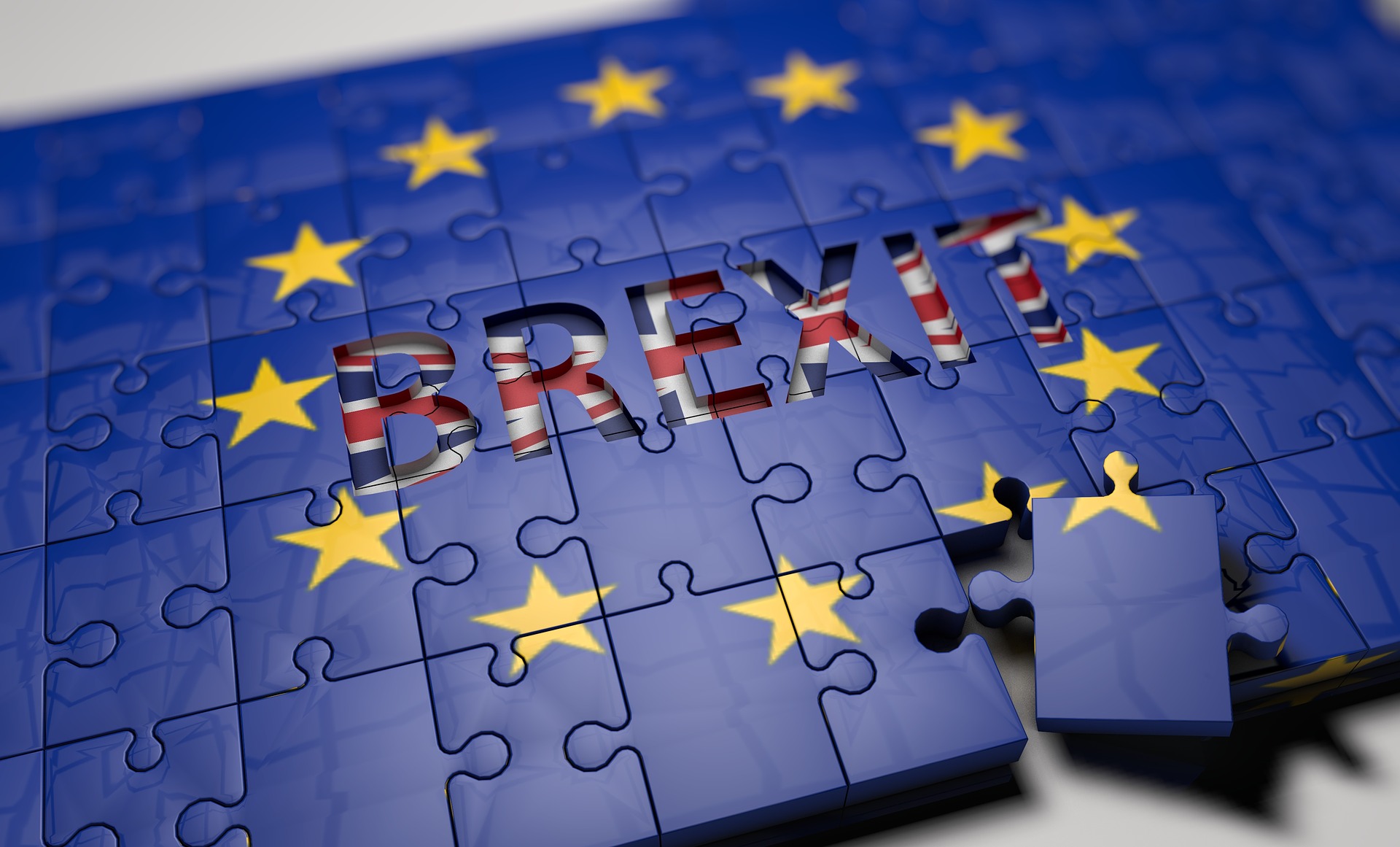Ian Cooper (DCU Brexit Institute)
Earlier this week a milestone was reached in post-Brexit EU-UK relations, the second meeting of the Parliamentary Partnership Assembly (PPA). The creation of the PPA was envisaged by the Trade and Cooperation Agreement (TCA), the treaty that set the terms of the new EU-UK relationship following the UK withdrawal. The PPA is a joint body made up of 35 members of the European Parliament and 35 members of the UK Parliament (21 from the House of Commons, 14 from the House of Lords). The PPA meets two times per year. Its first meeting was held earlier this year, on May 12-13, in Brussels. Its second meeting was this week in London, on November 7-8.
The PPA exercises joint parliamentary oversight over the Partnership Council, the body that is in charge of the implementation of the TCA. The co-chairs of the Partnership Council are Maroš Šefčovič, Vice President of the European Commission, and James Cleverly, the UK Foreign Secretary. Šefčovič was present at the London meeting, but Cleverly was absent, stood in for by Europe minister Leo Docherty. (Similarly, at the previous meeting Šefčovič was present but Liz Truss, who as Foreign Secretary was the UK co-chair on the Partnership Council at the time, was also replaced by a junior minister, Michael Ellis, Minister for the Cabinet Office.)
There was a marked change in tone from the first meeting to the second. At the first meeting, which took place at a time when there was little progress in negotiations, the normally mild-mannered Šefčovič was clearly exasperated by the lack of any serious engagement from the UK side. At the second meeting, Šefčovič recognized that a new tone in EU-UK relations had been set since September by Cleverly. This change in tone actually began under the short-lived premiership of Liz Truss, but has continued under the new PM, Rishi Sunak.
Both Šefčovič and Docherty hailed the fact that the “machinery” of the TCA is now fully up and running. This machinery includes not only the Partnership Council but also the 18 Specialised Committees and Trade Specialised Committees, the Domestic Advisory Groups, and the Civil Society Forum – all of which have now met at least once. The PPA itself is one more piece of the TCA machinery that is now working: on Monday, it used one of its powers for the first time, issuing a Recommendation to the Partnership Council on energy cooperation.
A great deal of discussion was focused on Northern Ireland. This is despite the fact that the PPA was created to oversee the TCA, and not the Northern Ireland Protocol (NIP), which is part of the Withdrawal Agreement, a separate treaty that set the terms of the divorce. There is no dedicated parliamentary body to oversee the Withdrawal Agreement, and the PPA is to some extent filling this gap. After all, the co-chairs of the Joint Committee in charge of the Withdrawal Agreement are also the co-chairs of the Partnership Council – Cleverly and Šefčovič.
Still, it was awkward that there were few representatives from Northern Ireland there to speak up for the region that was the topic of so much discussion. Only one MP in the UK delegation to the PPA is actually from Northern Ireland: that is Sir Jeffrey Donaldson of the Democratic Unionist Party. (The MPs from the other major party in Northern Ireland, Sinn Féin, follow the abstentionist policy of not taking up their seats in the House of Commons.) In part to overcome this lack of representation, the PPA also allows the participation of observers from the UK’s devolved assemblies, including the Northern Ireland Assembly. In this role, Sinn Féin MLA Declan Kearney addressed the meeting, and urged the creation of some form of democratic role for the Northern Ireland institutions in relation to the PPA.
There was broadly a more positive tone in the discussion of Northern Ireland at the second PPA meeting than the first, despite the fact that little had changed in the formal position of the two sides. Šefčovič pointed out that it was a sign of the good will of the EU that it continues to negotiate even though the UK has not withdrawn its controversial legislation, the Northern Ireland Protocol Bill (NIPB), which would allow it to disapply parts of the Protocol. For the UK, Leo Docherty was emollient on this point, remarking that the UK government was not expediting the NIPB but progressing it at a normal (i.e. slow) pace, and emphasizing that the UK’s preference is to resolve the issue through talks. This improved “mood music” may reflect the fact that progress is being made behind the scenes in EU-UK talks regarding the Protocol.
Much of the discussion at the London meeting was focused on specific issues where the PPA hopes to make concrete gains in EU-UK relations – specifically in relation to energy cooperation, touring artists and cyber defense, citizens’ rights and research cooperation. The meeting was also attended by representatives from the EU’s Committee of the Regions and the European Economic and Social Committee.
The relatively optimistic and pragmatic atmosphere seemed to indicate an improved spirit of partnership both on the Partnership Council and within the PPA. Furthermore, the contrast between May and November showed that the PPA cannot fulfil its oversight function unless there is a good working relationship between the EU and UK counterparts. After all, if the Partnership Council is gridlocked, there are no joint decisions for the PPA to scrutinize.



